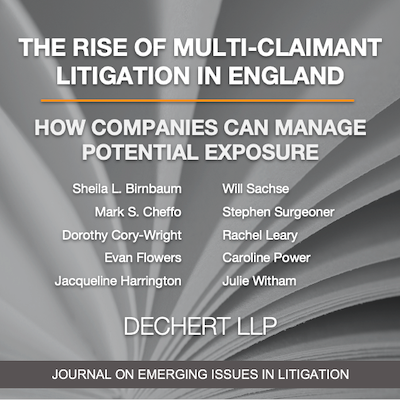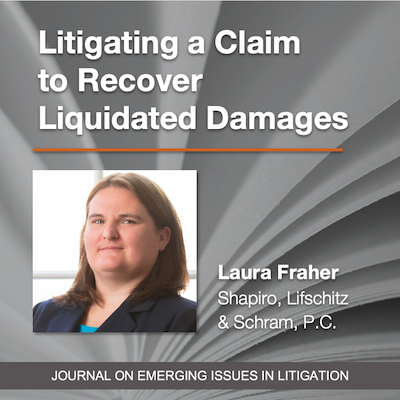CEO Depositions and the Apex Doctrine with Rachel Lary on the Emerging Litigation Podcast
Can a CEO be forced to sit for a deposition? In this episode of the Emerging Litigation Podcast, national trial lawyer Rachel M. Lary of Lightfoot, Franklin & White unpacks the Apex Doctrine—a legal standard designed to shield high-ranking executives from unnecessary depositions. Rachel explains how courts assess executive knowledge, alternative discovery options, and the growing body of case law shaping this issue across jurisdictions. A must-listen for litigators navigating discovery strategy in high-stakes cases.



